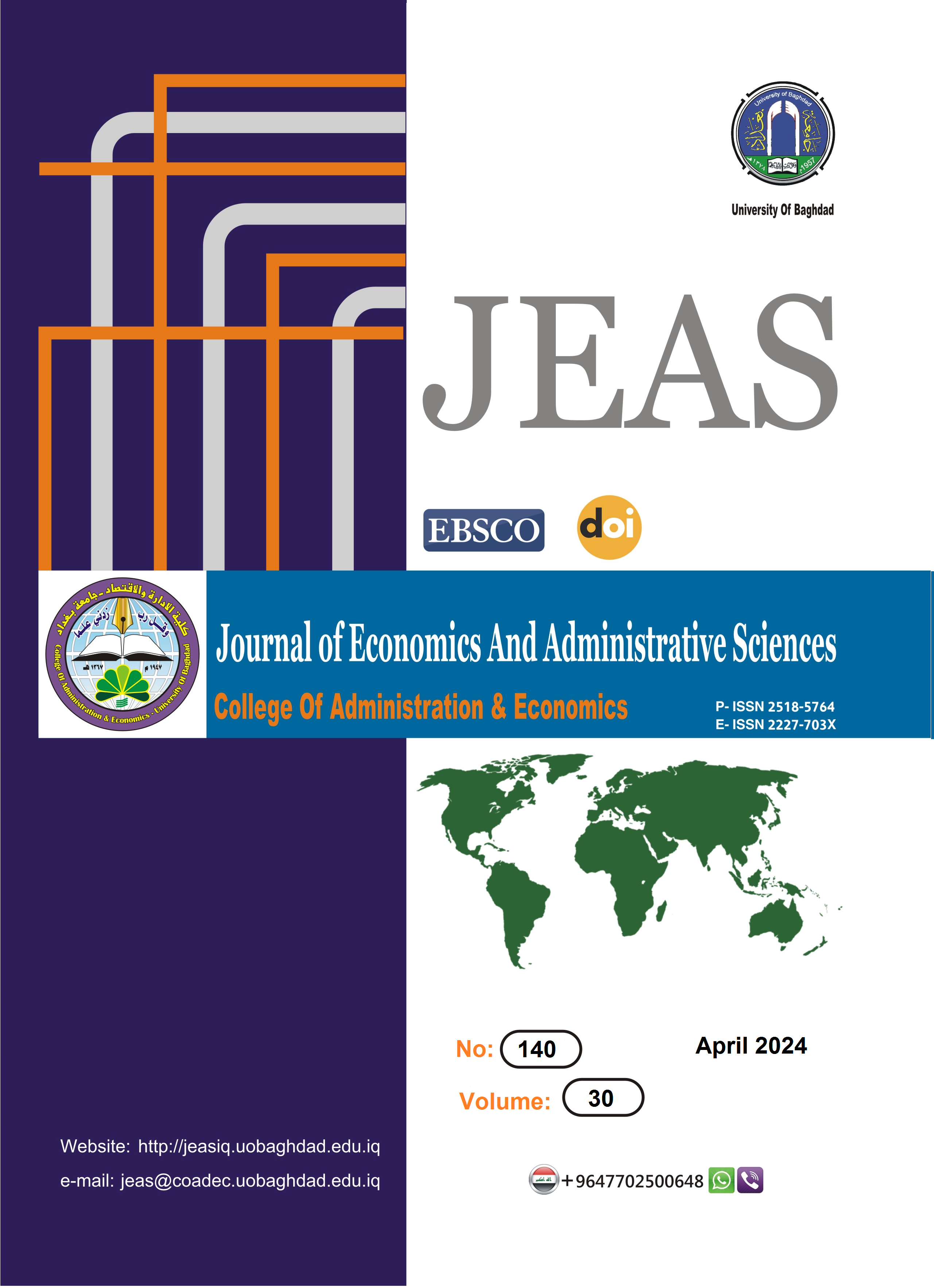The Impact of Operating Cash Flow on Corporate Profitability: Amman Stock Exchange case study
DOI:
https://doi.org/10.33095/2gvf4697Keywords:
: Operating Cash Flow, Corporate Profitability, Return on Assets, Return on EquityAbstract
The problem of the study is the challenges faced by the growth of different sectors, which requires the identification of an appropriate operating cash flow policy to increase corporate Profitability. Unbalanced policies followed in operating cash flows can negatively affect companies' Profitability.
The study's objective is to investigate the impact of operating cash flow on the Profitability of companies in different sectors listed on the Oman Stock Exchange. For five years (2017–2021) for 71 companies. In these sectors, Profitability and metrics have been used carefully. To show how these elements affect the success of each of these sectors? It is because investors can use this information to make sound investment decisions using different operating cash flow methods to evaluate company profitability. The researchers created a checklist to test the research hypothesis, in which each operating cash flow (OCF) was used as an independent variable. (Return on Assets (ROA) and Return on Equity (ROE)) was determined as the type of firm Profitability, which is the dependent variable. The results are shown through two models. Data using descriptive statistical analysis. Regression Approaches Using EViews 12, Given that the data included both time series and cross-sectional characteristics, fixed least squares (PLS) regression effects models were used to estimate the study models.
The results reveal that operating cash flow has an impact of 57.9% on ROA, a measure of corporate Profitability, and other variables have an impact of 42.1% that is not mentioned. Meanwhile, the independent variable affects ROE by 57.7% and other variables by 42.3%.
Paper type: Research paper.
Downloads
Downloads
Published
Issue
Section
License
Copyright (c) 2024 Journal of Economics and Administrative Sciences

This work is licensed under a Creative Commons Attribution-NonCommercial-NoDerivatives 4.0 International License.
Articles submitted to the journal should not have been published before in their current or substantially similar form or be under consideration for publication with another journal. Please see JEAS originality guidelines for details. Use this in conjunction with the points below about references, before submission i.e. always attribute clearly using either indented text or quote marks as well as making use of the preferred Harvard style of formatting. Authors submitting articles for publication warrant that the work is not an infringement of any existing copyright and will indemnify the publisher against any breach of such warranty. For ease of dissemination and to ensure proper policing of use, papers and contributions become the legal copyright of the publisher unless otherwise agreed.
The editor may make use of Turtitin software for checking the originality of submissions received.

























